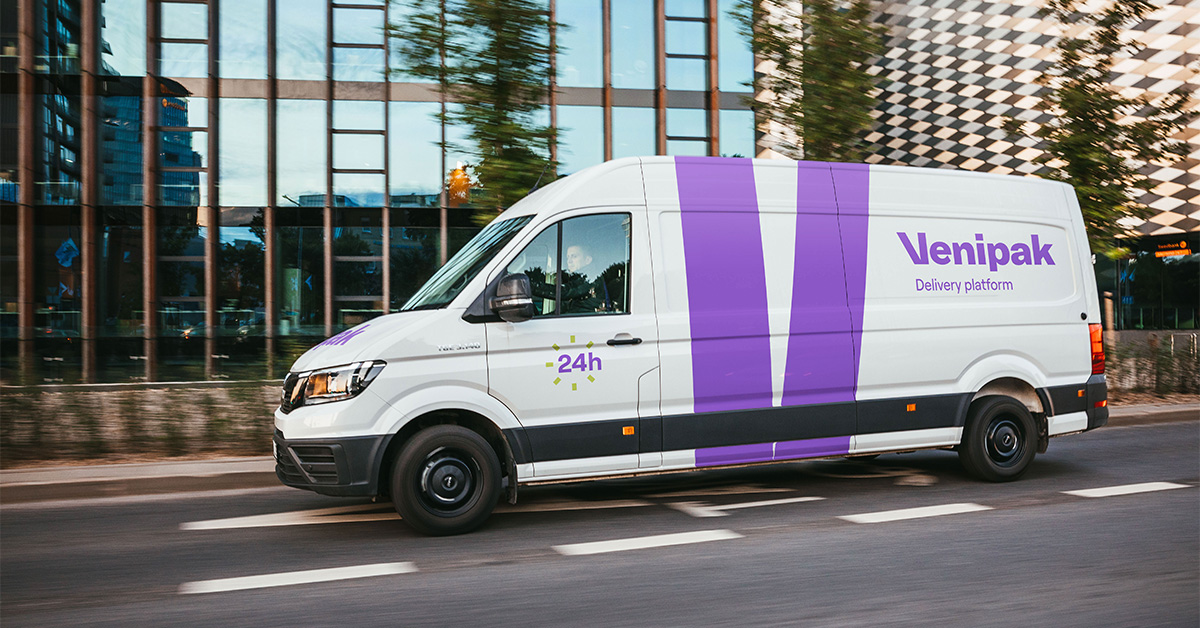In 2021, the turnover of the Estonian operations of the international parcel delivery company Venipak grew by 50%, to €8.9 million, the company reported.
“Estonian market was a strong driving force in expanding Venipak’s regional business. We witnessed another surge in the e-commerce volumes and international trade”, Justas Šablinskas, CEO of Venipak, said
Last year, Venipak Group’s total turnover of the Baltic business was €56 million, marking an annual increase of 44%. The Group’s profit increased by 25%, to €5.6 million. For 2022, the Group’s planned turnover is €120m.
In 2022, Venipak envisages the biggest investments in e-fulfillment services – handling and distributing goods on behalf of e-merchants – and air freight services.
“For better serving the needs of Baltic clients, we launched a regular air freight connection between Riga and Hong Kong. The biggest demand for the service came from the Baltic manufacturing sector, such as electronics, medical equipment, IoT, for supplies from Asia. According to IATA, air freight volumes should grow by 13 percent globally and Venipak would like to play a role in this development, as we are contemplating another air freight connections between logistics hubs”, Šablinskas added.
Venipak Group’s e-fulfillment services grew by 45% in 2021 y-o-y and it is expected to double the growth for 2022 and 2023. “Growing e-commerce market increases demand for quality services for Internet shops and online buyers expect fast delivery. E-fulfillment service also allows to optimize human resources and physical space for storing goods for e-shops”, Šablinskas added.
This year, Venipak starts installing parcel machines in Estonia, to develop a network of 150 state-of-the-art contactless machines. Venipak runs a network of 250 parcel machines in Lithuania and 200 in Latvia.
“Investments would support better quality of our services in Estonia, which is the main priority for Venipak. We know that during peak periods, such as Christmas, have been occasionally challenging for us, but we have learned lessons and optimized processes for a better future quality”, Šablinskas said.
